
What if your favorite childhood cartoon was actually a profound exploration of mental health? A fascinating theory suggests that the beloved characters from A. A. Milne's Winnie the Pooh are more than just adorable friends – they're complex representations of various psychological mental health disorders.
The Psychological Landscape of the Hundred Acre Wood
Beneath the surface of this seemingly innocent children's story lies a nuanced portrayal of mental health challenges that many individuals face. Let's take a closer look at how each character might represent a different psychological experience.
1. Winnie the Pooh: More Than Just a Honey Obsession
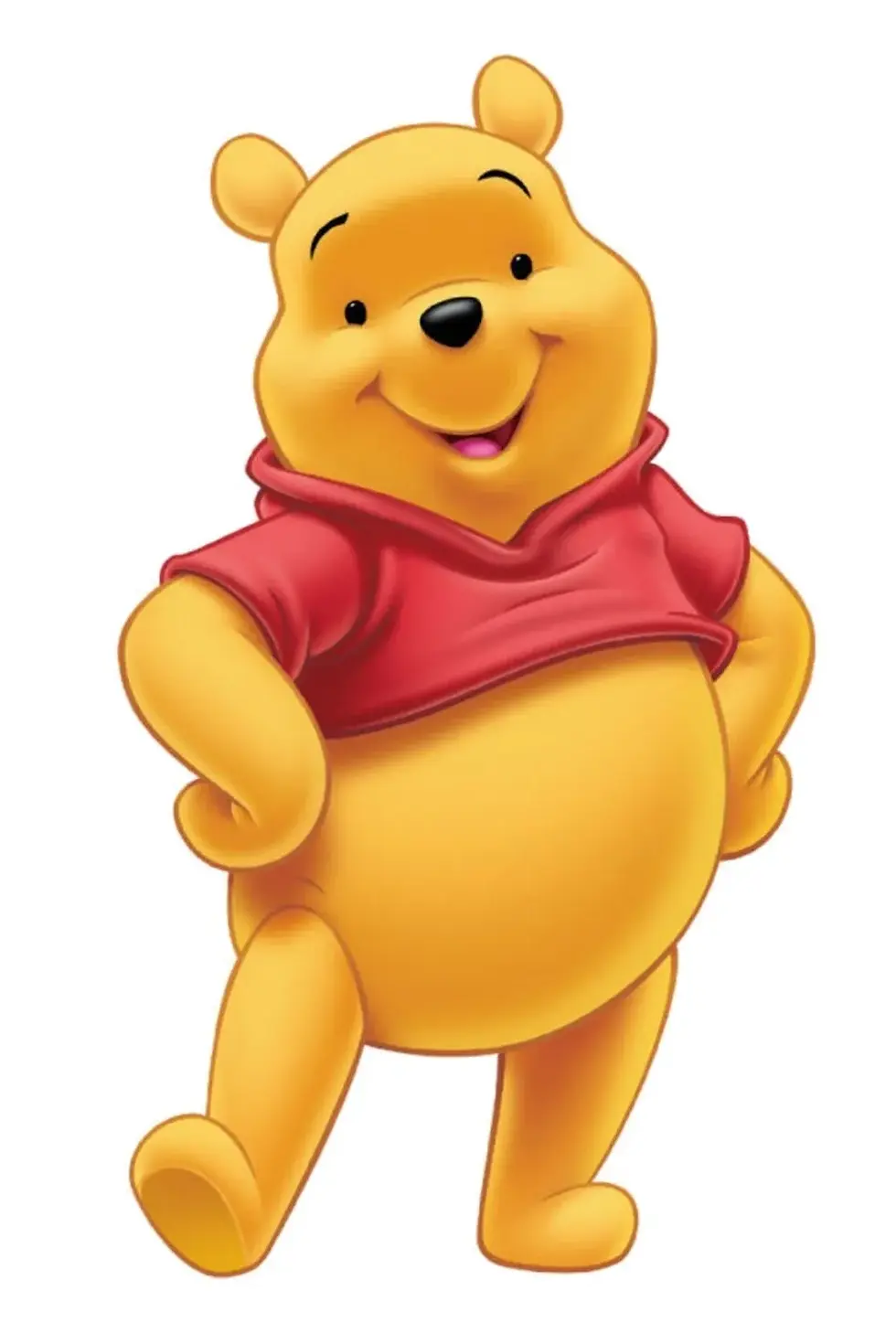
Potential Disorder: Eating Disorder
Pooh's constant preoccupation with honey goes beyond simple enjoyment. His compulsive eating and single-minded focus on food could be interpreted as a manifestation of an eating disorder. Always carrying a honey pot and struggling to control his consumption might reflect deeper psychological struggles with nutrition and self-control.
2. Tigger: Boundless Energy or Something More?
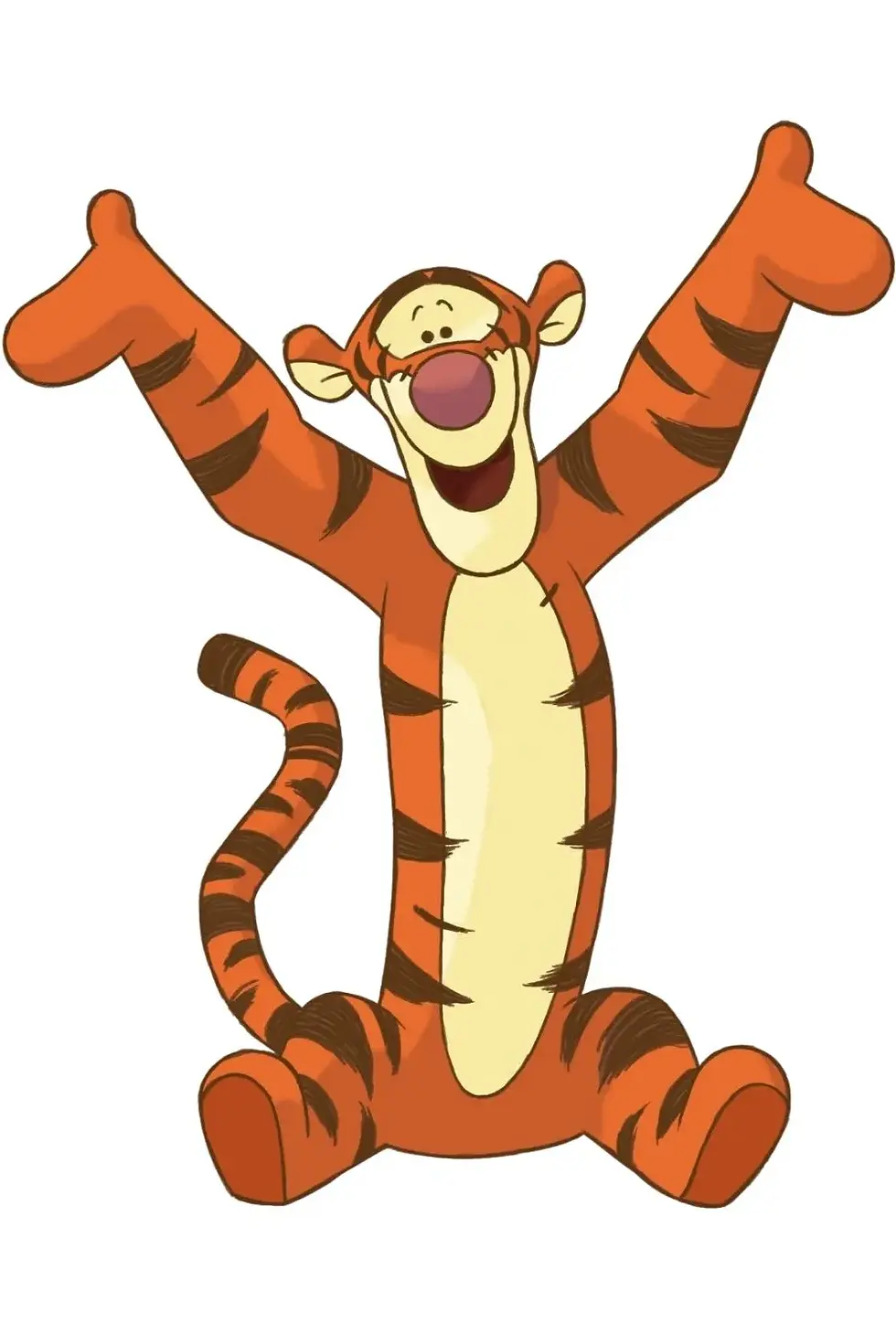
Potential Disorder: Attention Deficit Hyperactivity Disorder (ADHD)
That iconic bouncing isn't just cute – it could be a representation of ADHD. Tigger's inability to stay still, constant movement, and difficulty focusing align with classic ADHD symptoms. His impulsive nature and high-energy approach to life might be more than just a personality trait.
3. Piglet: Anxiety in Adorable Form
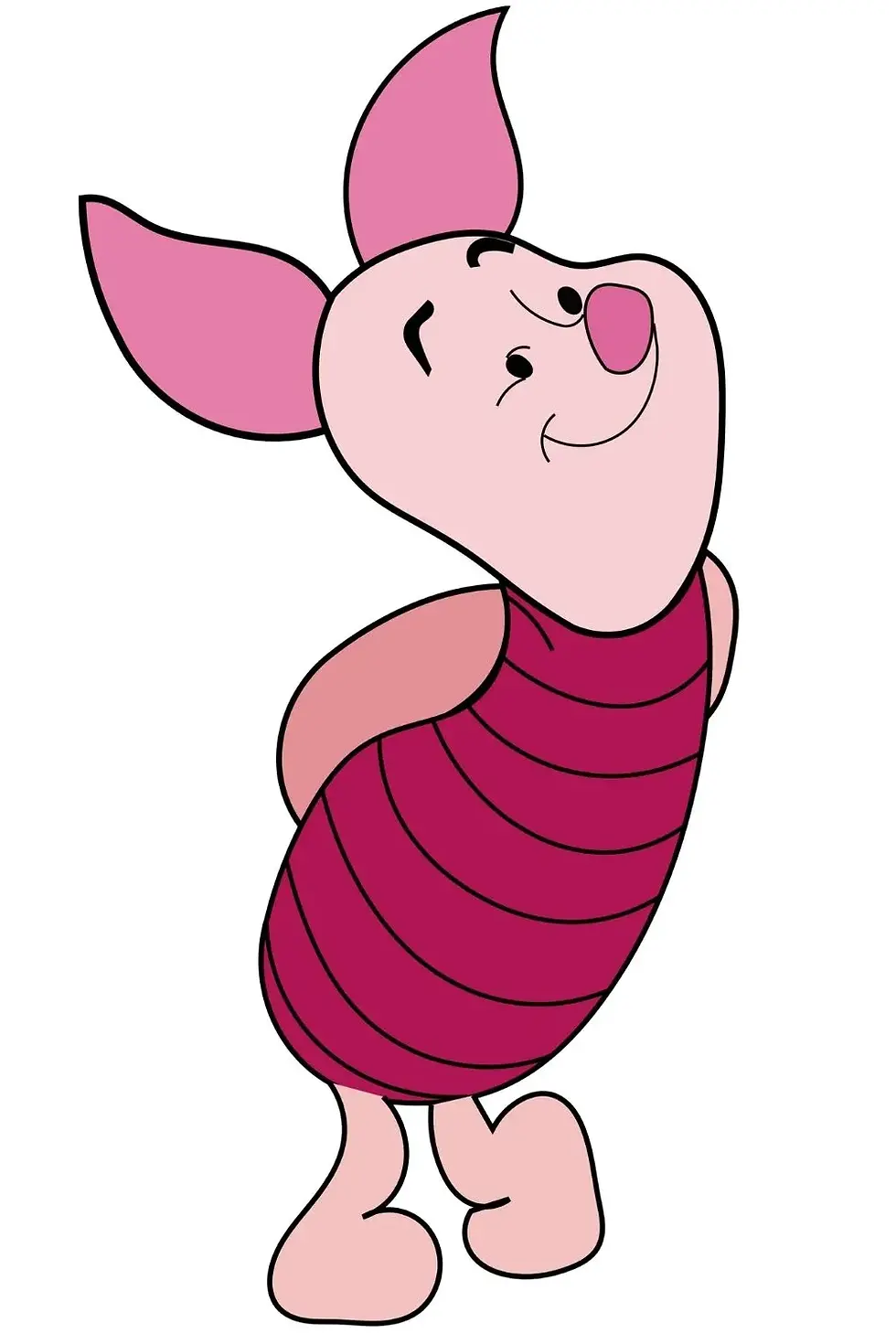
Potential Disorder: Generalized Anxiety Disorder
Small, trembling, and constantly worried, Piglet embodies anxiety in its most relatable form. His persistent fear, inability to feel secure, and tendency to panic even in non-threatening situations paint a vivid picture of generalized anxiety disorder.
4. Eeyore: The Weight of Depression
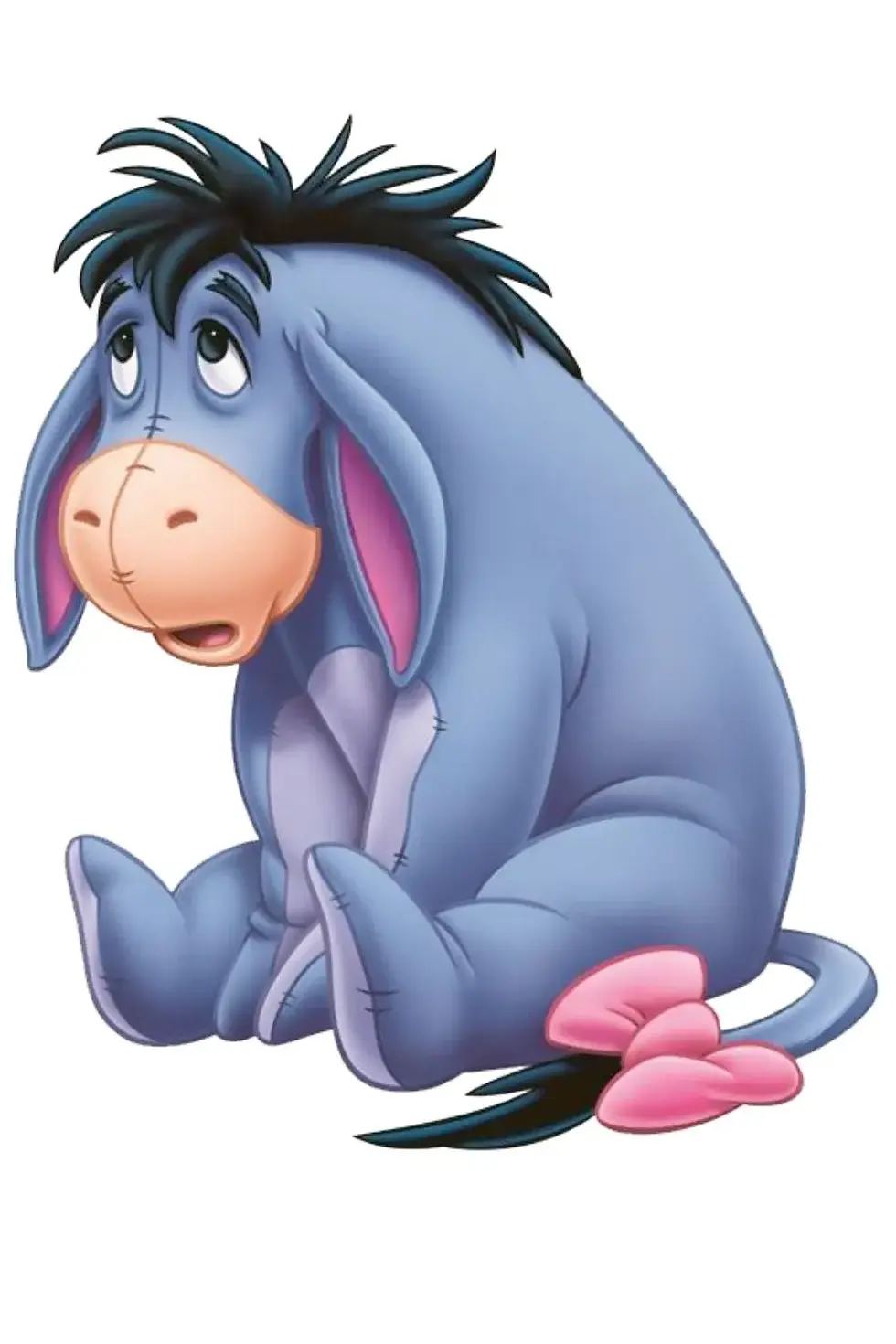
Potential Disorder: Clinical Depression
Eeyore's persistent negativity, low energy, and lack of enthusiasm are textbook signs of depression. His tendency to isolate himself and view the world through a pessimistic lens reflects the complex emotional landscape of individuals experiencing depressive episodes.
5. Rabbit: Perfection's Psychological Toll

Potential Disorder: Obsessive-Compulsive Disorder (OCD)
Rabbit's meticulous nature and obsession with order and perfection could represent OCD. His compulsive gardening, need for everything to be precisely in place, and anxiety about disruptions align with classic OCD characteristics.
6. Owl: When Intelligence Meets Narcissism
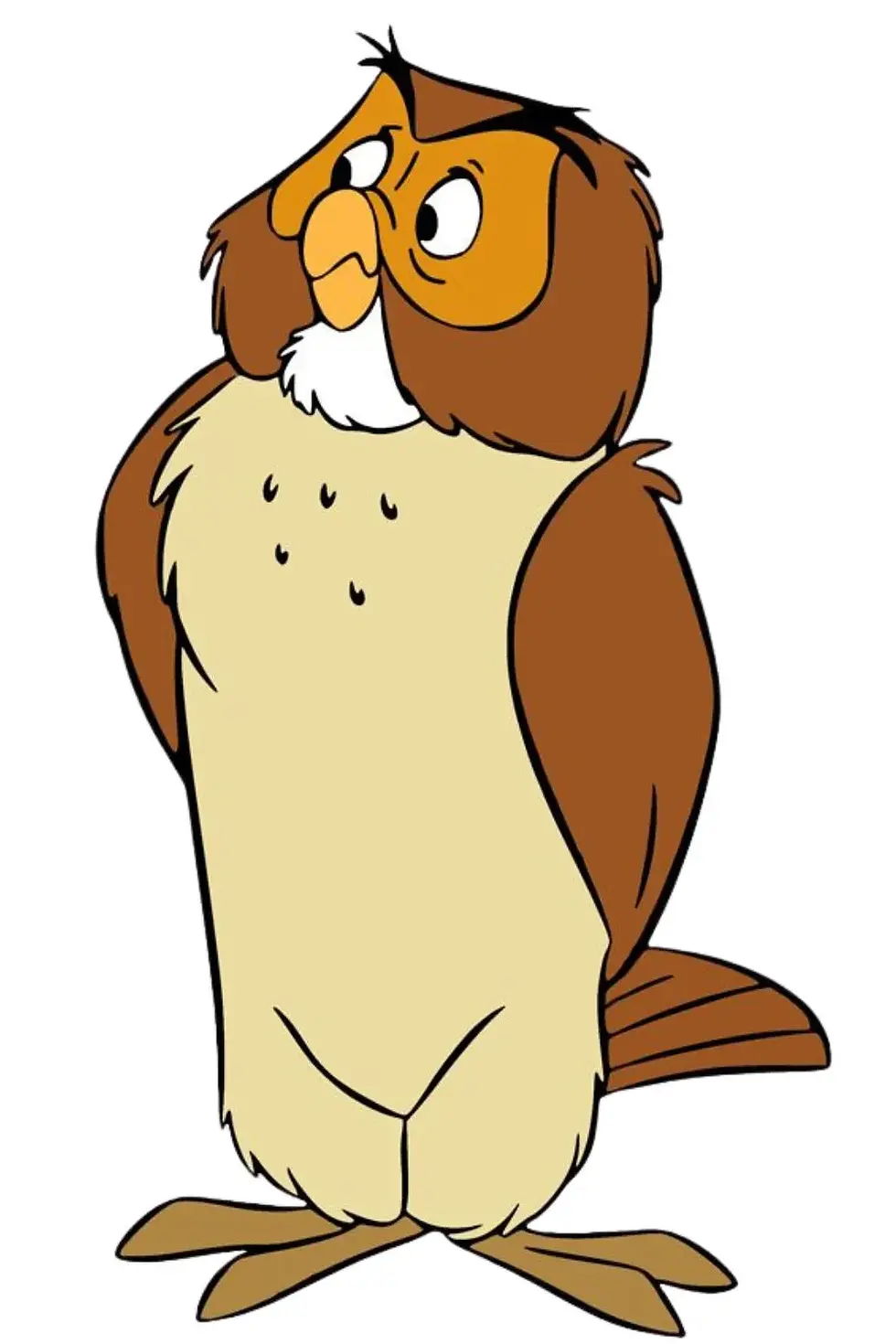
Potential Disorder: Narcissistic Personality Disorder
Owl's constant self-praise and overemphasis on his own intelligence might indicate narcissistic tendencies. His need to be seen as the smartest in the group and difficulty acknowledging others' perspectives could be a representation of narcissistic personality traits.
7. Roo: A Unique Developmental Perspective
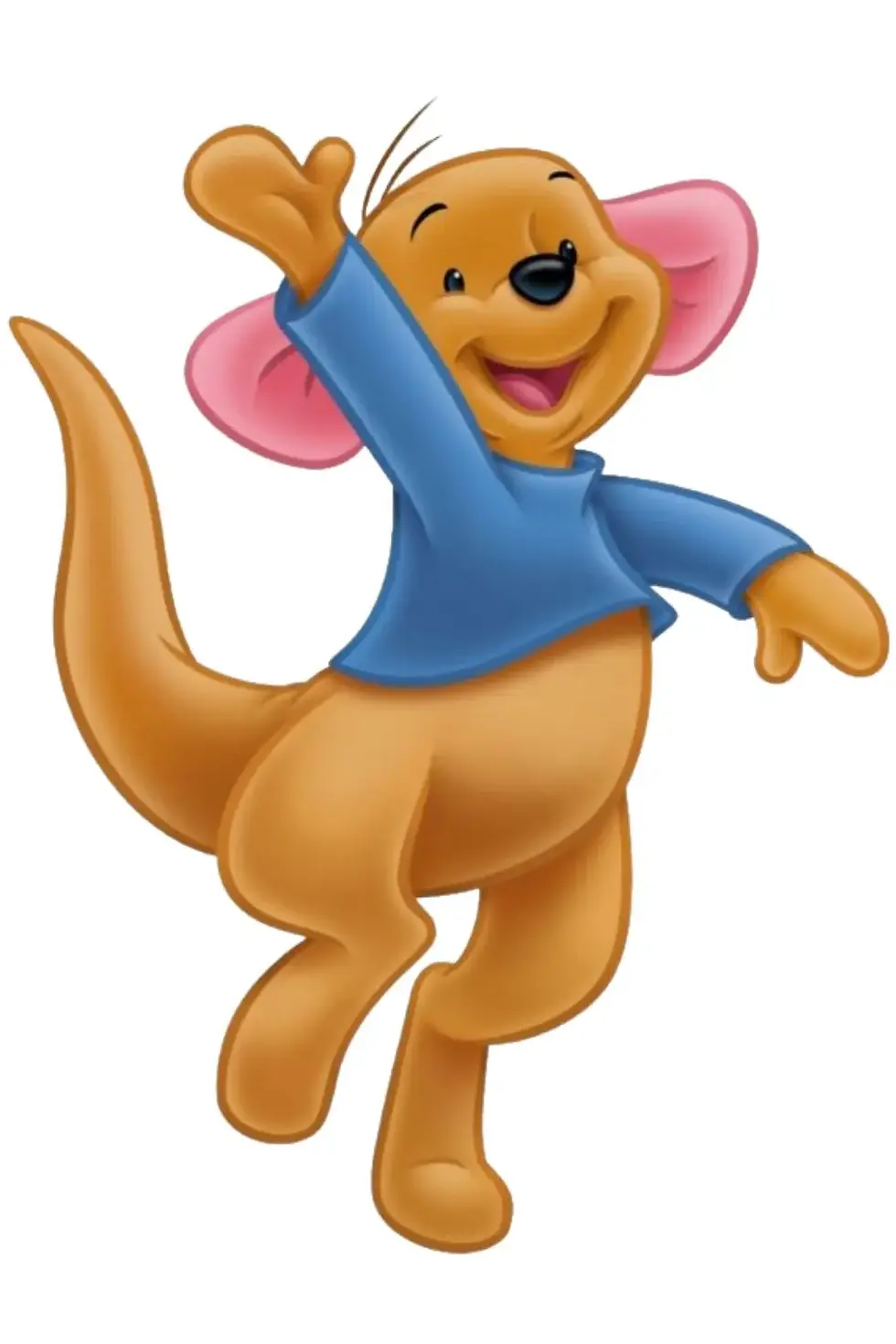
Potential Disorder: Autism Spectrum Disorder
Roo represents a unique view of neurodevelopmental challenges. His limited awareness of danger, comfort only in familiar environments, and distinct social interactions could be interpreted as characteristics of autism spectrum disorder. The young kangaroo's world is defined by safety, routine, and the comfort of his immediate surroundings.
8. Kanga: Overprotection and Social Boundaries
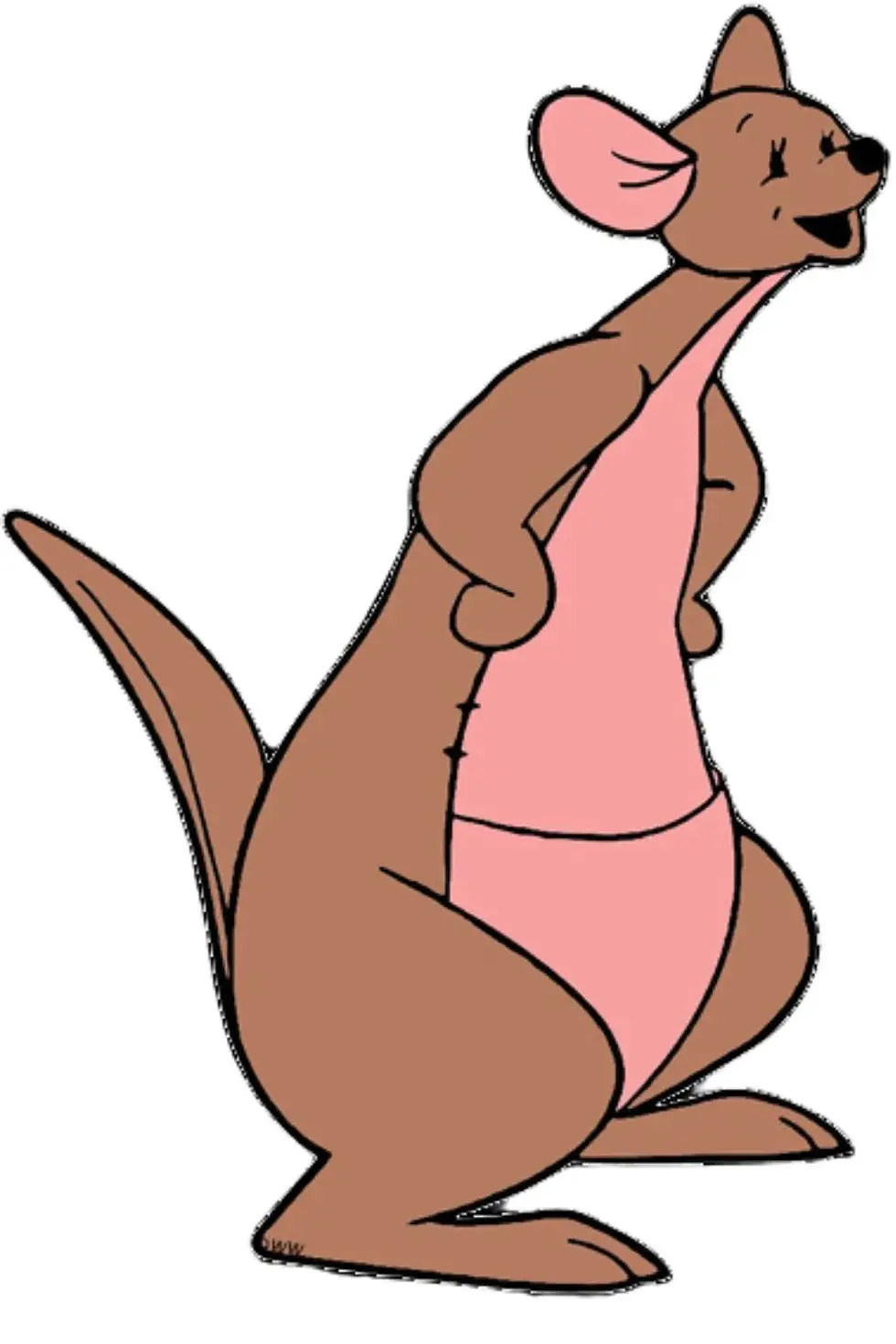
Potential Disorder: Social Anxiety Disorder
Kanga's character offers insight into social anxiety and overprotective parenting. Her reluctance to venture beyond her domestic sphere and intense protection of Roo suggest deeper social interaction challenges. She limits not just her own experiences but also her child's potential for independent exploration, a common manifestation of social anxiety.
9. Christopher Robin: The Complex Narrator
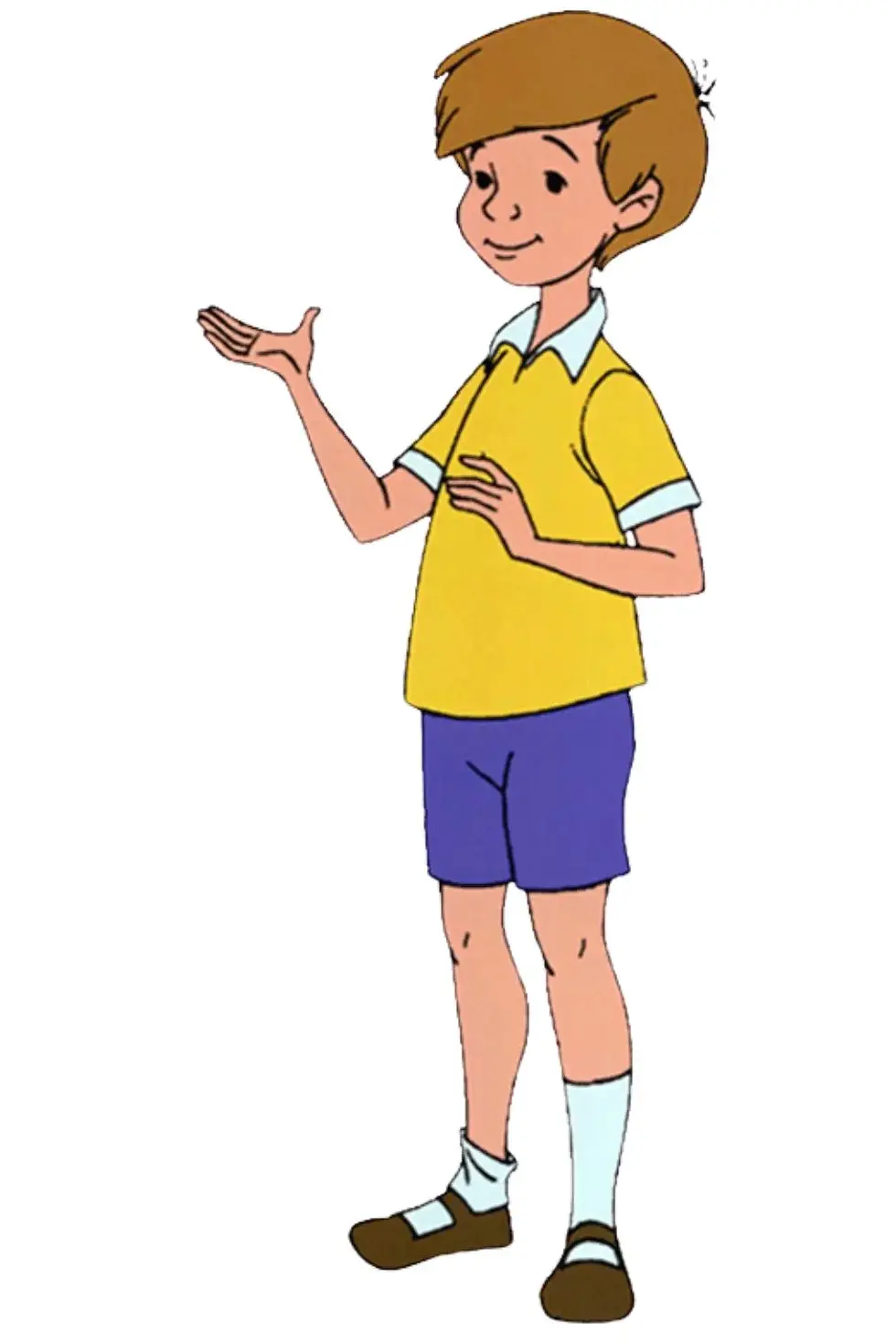
Potential Disorder: Schizophrenia
Some theories suggest that Christopher Robin himself might be experiencing schizophrenia, with the animal characters representing different aspects of his psychological landscape – imagined companions that help him process complex emotions.
A Compassionate Perspective
It's crucial to approach these interpretations with empathy and understanding. These characters aren't defined by their potential disorders but are complex, lovable individuals who support each other despite their challenges.
Key Takeaways About Winnie the Pooh Mental Health Disorders
Mental health is complex and multilayered
Characters can exist and be loved beyond their diagnoses
Support and friendship are crucial in managing psychological challenges
Final Thoughts
While these interpretations are theoretical, they offer a unique lens to understand mental health. The magic of Winnie the Pooh lies not in perfect characters, but in their ability to love and support each other unconditionally.
Remember: Every individual's mental health journey is unique, and seeking professional help is always the best path forward.
Disclaimer: This analysis is based on theoretical interpretations and should not be considered a professional medical diagnosis.
コメント